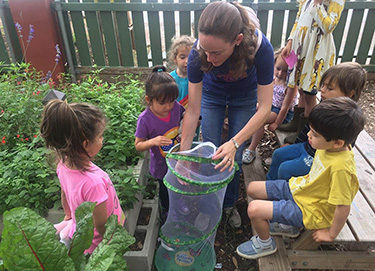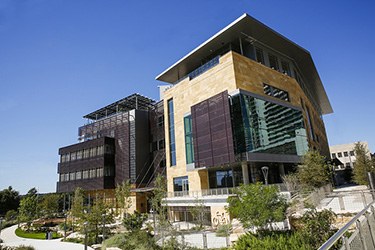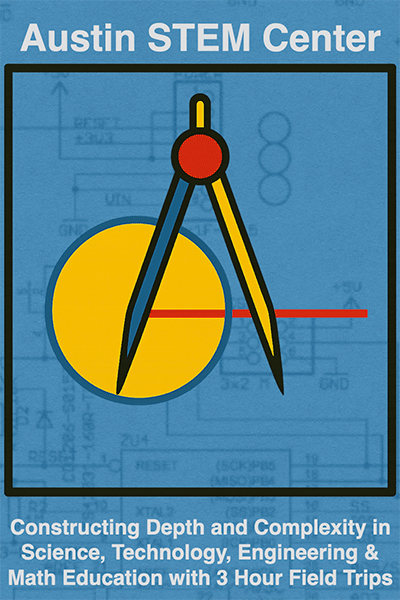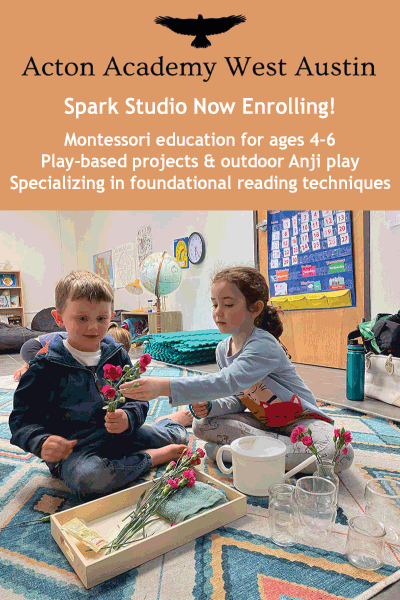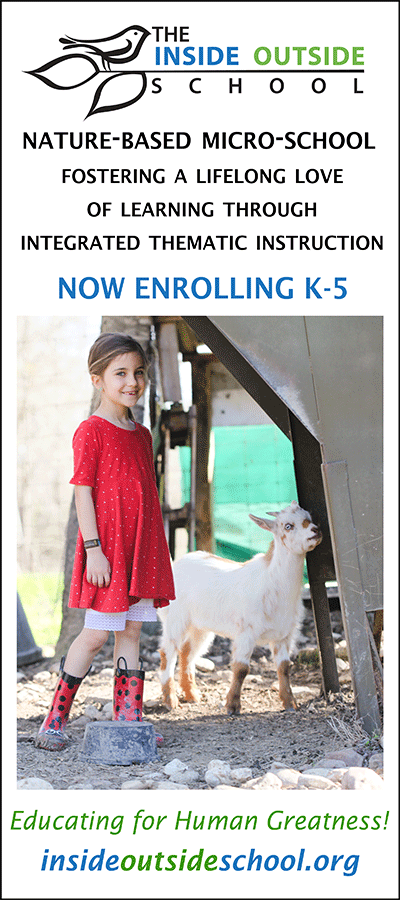Ahhhh, spring is in the air. Let’s go outside!
/Integrity Academy is known for several unique programs, including its integration of outdoor education into the academic curriculum. Aerielle Anderson, M.Ed., serves as Level 3 Mentor and Math Team Lead and joins us on the blog to highlight Integrity kids' most recent outdoor learning adventures.
With Integrity Academy’s proximity to such amazing sites as the Umlauf Sculpture Garden, Zilker Park, and the Lady Bird Lake Hike-and-Bike Trail, it’s hard not to get out there and take advantage of the learning possibilities. So we do!
During the first weeks of May, Level 1 (ages 3 to 5) held a butterfly release. They had been learning about various insects through stories, art, play, and observing live specimens. They witnessed the stages of the butterfly’s life, from the caterpillar stage to the chrysalis to butterfly. The children released them in our beautiful front garden. They also got to closely observe argentine roaches. Then they witnessed one of Level 2’s frogs eat one! A link in a food chain up close!
Level 2 (ages 5 to 7) goes on weekly excursions to explore nature. On one of their recent trips, they collected signs of life from forest and field ecosystems. They are planning to create ecosystem dioramas for either a field, forest, or stream ecosystem. Their model will include pictures of plants and animals in one of these Austin ecosystems as well as the food web connections between those plants and animals. Instead of pictures, students can also use signs of life or nature artifacts (e.g., feathers, a pecan with a hole eaten out of it, a cast of an animal track). They also practiced walking through the forest quietly and noticed a lot more nature in the trees.
For their first excursion of May, Level 3 (ages 7 to 9) enjoyed a walk to the Splash! exhibit next to Barton Springs Pool. On the way to the exhibit, they passed by the amphitheater in front of the pool, which is home to the endangered Barton Springs Salamander. When they arrived, learners found interesting facts to share with the rest of the school community. "Did you know that the Austin Blind salamander lives mainly underground and only at Zilker Park?" asked Mia. Level 3 kids went through the simulated limestone cave to learn the mysteries of Barton Springs and the Edwards Aquifer. They also learned about the water cycle and specifically how the water comes to our beloved springs, through interactive exhibits and games.
Levels 4 and 5 (ages 9 through 13) walk to our new Central Library every other week. The 1.5-mile walk there and back gives them some good exercise and gets their blood pumping to their brains. Learners take advantage of the study rooms and the vast and various research resources, as they dive deep into a topic of interest or a concept of the week.
Those first couple of weeks of May were beautiful, and we plan to continue to use the outdoors and neighboring attractions throughout the year. As it gets closer to summer, we’re planning to get wet and have some water-based learning fun in our Summer Unit!
Aerielle Anderson



